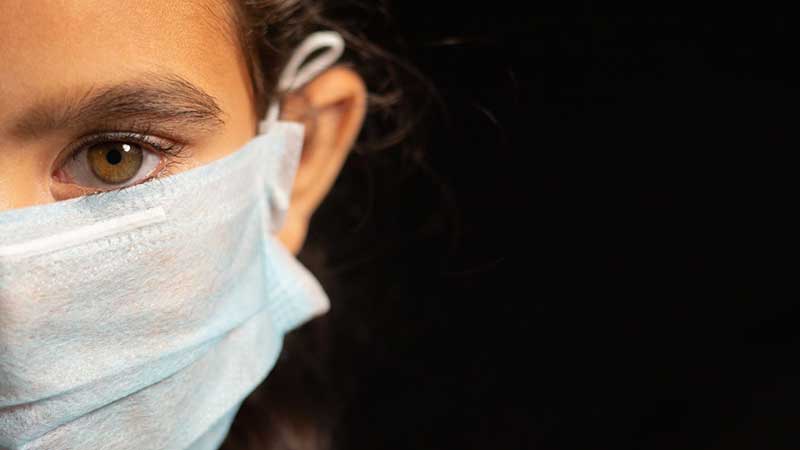We’re faceless, in some ways, and that’s why this keeps happening.Attacks on Asian-Americans have surged in the past year, one incident after another, until a man with a gun opened fire in an eight-victim shooting spree that only ended when police rammed the suspect’s car off the highway.
Most of the victims were mothers, sisters, wives – but above all, fatally, Asian, seemingly the only qualification necessary to put them and other Americans in the crosshairs of today’s haters. I’m Asian, too, as is my husband, and like so many others we feel the smothering weight of this national sickness triggered by the perverse view that the haters have of others. Not people. Not fellow-Americans. But faceless others.
Asians aren’t alone in this story, of course. Other targets have been Black Americans, Hispanics and Latinos, Native Americans, so many times before. But in a growing number of cases, now we are the others – the Chinese, Japanese, Korean, Thai, Vietnamese, Filipinos, Indians, Bangladeshis, Pakistanis, and those who came or grew up here as believers in the American promise. The bright fabric of the world lives in America, but too often feels unraveled, more threatened than welcome.
There is no geographic safety. Hearing the former president describe the pandemic as “the China virus,” and “kung flu,” and certain that this helped trigger the national spasm of hate, I confess to feeling a little vulnerable being away from my Chicago family – but also fearful for them. I wonder, could the next target be me, or my husband, my parents, my siblings, other family members, our friends?
Hate incidents against Asians have surged during the pandemic, but in a land torn too long by anger and mistrust, the cases have failed to make the same impact as other horrific episodes. Should it really take eight deaths to convince us there’s a problem?
Some saw this or something like it coming. As Connie Chung wrote recently, “Anti-Asian hate started the moment it came out of President Trump’s mouth.” She and other Asian-American journalists feel the issue has been ignored.
“We have been miserably late” to address this, Chung says. “We are insignificant, and it’s so apparent to all of us who are Asian.”
We know of nearly 3,800 attacks on Asian-Americans since the pandemic began. The information is incomplete, but it’s said that women have been targeted twice as often as men. If that is true, it could be that Asian women are more likely to report an incident than men.
The data show that Asians in general are often reluctant to report racial discrimination issues. This could result from language barriers, perceived lack of access to the system – but also because victims don’t trust the system to respond in any meaningful way. Faceless to many of the haters, Asians also feel voiceless and unprotected.
Amid this tide, I’ve felt the support of my friends. But there are no shortcuts to healing, especially as we – as a nation – search within ourselves for the causes of the larger problem of hatred for others.
These episodes follow a trajectory. Working backward from the incidents themselves, it seems as if the perpetrators have been primed in many ways – anger, resentment, irresponsible messaging from political and media figures.
To be sure, part of the answer is a national recognition that everyone deserves respect, and recognition that the American story is woven from our individual stories of striving and acceptance. We can start by rejecting the human tendency to mistrust and disregard the other, by acknowledging that everyone has worth and that we don’t fit neatly under umbrellas of race and ethnicity.
Start by seeing us as fellow humans – as individuals, and of course as fellow Americans. We have a long way to go, but that’s a start.
Tracy Chen is director of media strategy for Lumina Foundation.
